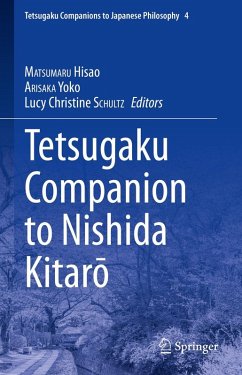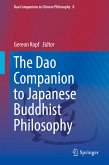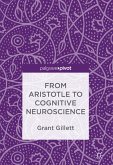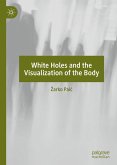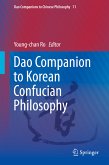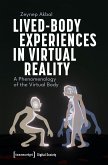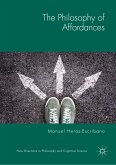This book offers the first comprehensive collection of essays on the key concepts of Kitaro Nishida (1870-1945), the father of modern Japanese philosophy and founder of the Kyoto School. The essays analyze several of the major philosophical concepts in Nishida, including pure experience, absolute will, place, and acting intuition. They examine the meaning and positioning of Nishida's philosophy in the history of philosophy, as well as in the contemporary world, and discuss the relevance of his philosophy in the present context. The book next looks at the significance of Nishida's philosophy in the wider contexts of science, arts, and religion.
The book includes a glossary of key terms that have been translated in a unified manner throughout the volume.
Dieser Download kann aus rechtlichen Gründen nur mit Rechnungsadresse in A, B, BG, CY, CZ, D, DK, EW, E, FIN, F, GR, HR, H, IRL, I, LT, L, LR, M, NL, PL, P, R, S, SLO, SK ausgeliefert werden.

